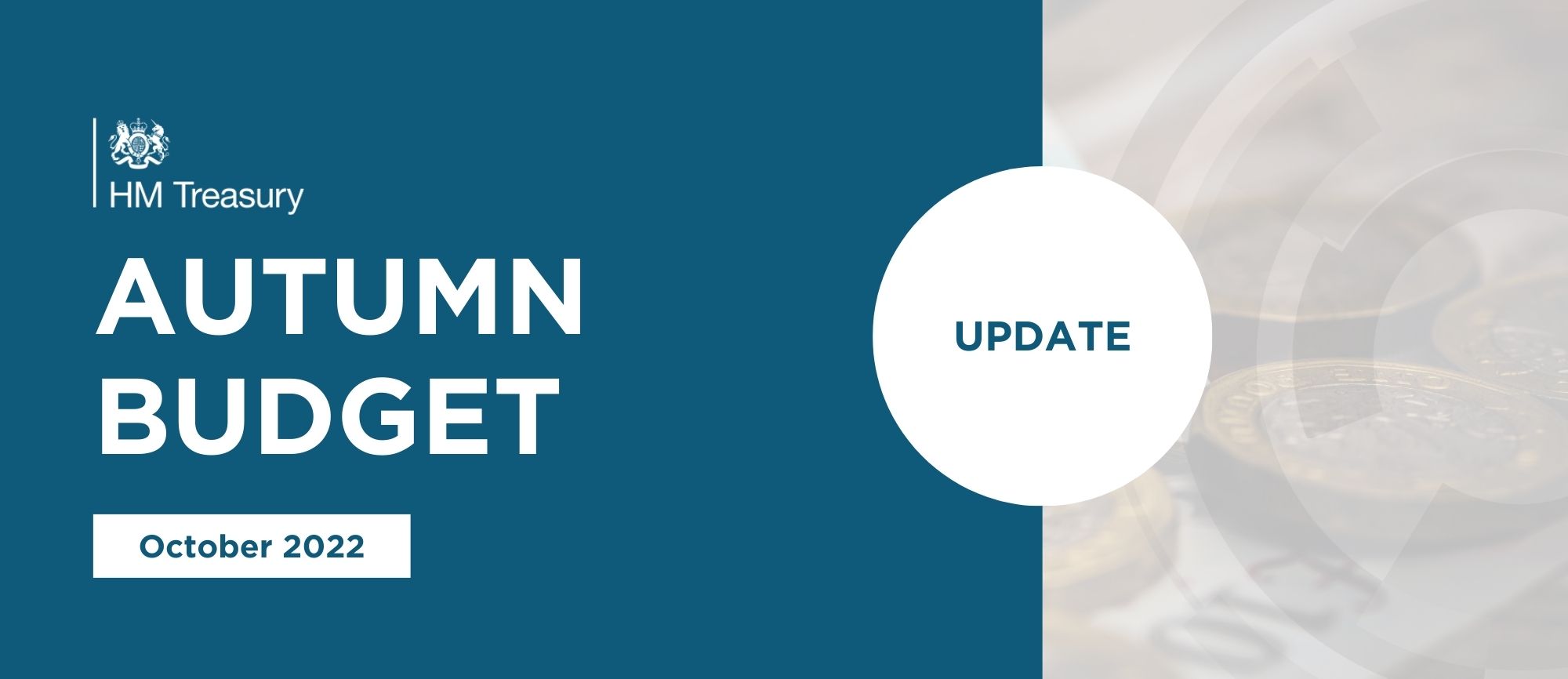NEWS & VIEWS
On 14th October, Kwasi Kwarteng was removed as Chancellor after a resounding negative response to his Autumn Mini-Budget. Following his dismissal, the government and new Chancellor, Jeremy Hunt, announced a reversal of various points from the mini-budget:
What changed?
Dividend Tax: the dividend income tax rates (currently 8.75%, 33.75% and 39.35%) will no longer be cut. They will remain the same from April 2023. The removal of the additional rate of dividend tax of 39.35% has also been reversed.
Income Tax: the basic rate of income tax will remain at 20% after the current Chancellor reversed the decision to cut it to 19% from April 2023. The top income tax rate will also remain at 45%, reversing the proposed cut.
Corporation Tax: this will no longer remain at 19% and instead rise to 25% April 2023, as previously planned.
VAT/Duty: the proposals to freeze alcohol duty rates and introduce tax-free shopping for non-UK visitors have also been abolished.
What stayed the same?
National Insurance: the 1.25% National Insurance rise will still be reversed. This means the rates will fall to 12% and 2% as they were before the current tax year. This will be effective from November 2022.
Stamp Duty: the stamp duty cuts that benefit first-time buyers will be maintained. There will be no stamp duty for the first £250,000 of a home’s value (double the previous rate) and no stamp duty for the first £425,000 of a home’s value for first-time buyers.
Office of Tax Simplification: The statutory body will close following the Royal Assent of the next Finance Bill.

